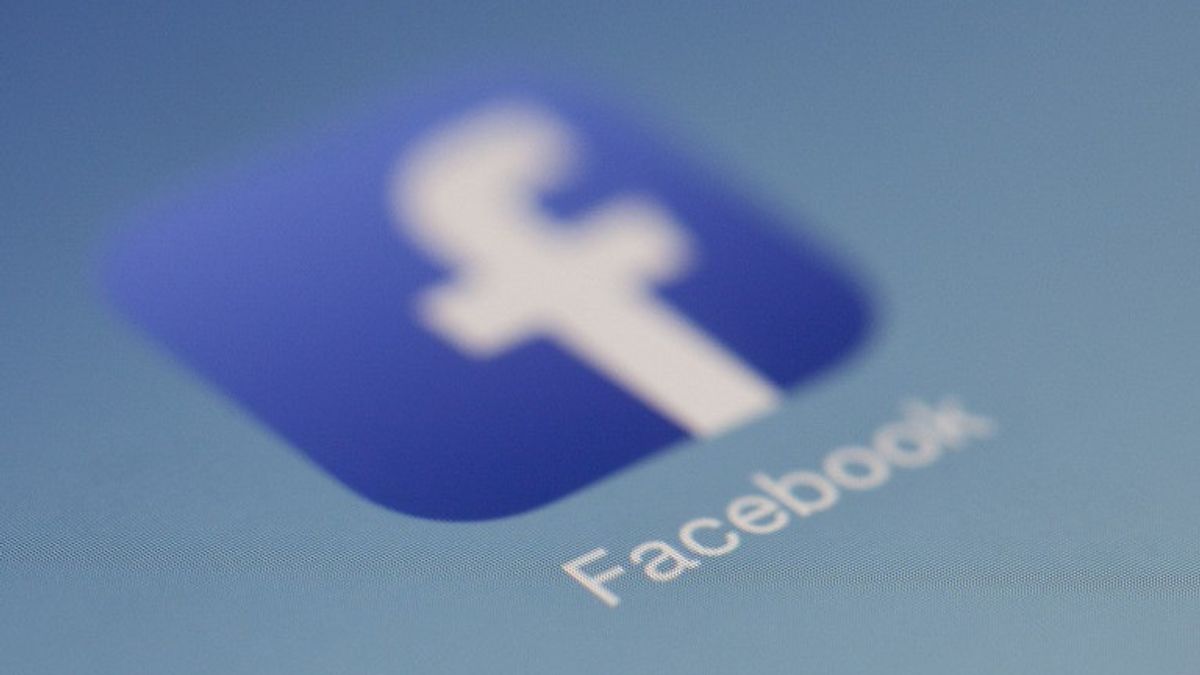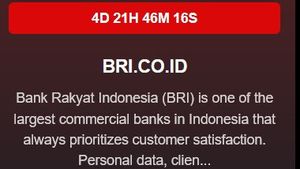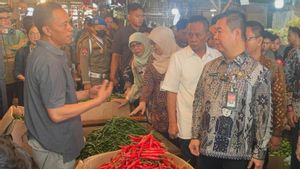JAKARTA - Facebook owner Meta released its first annual human rights report on Thursday, July 14 after years of facing accusations that it turned a blind eye to online abuses that fuel real-world violence in places like India and Myanmar.
The report, which includes due diligence carried out in 2020 and 2021, also includes a summary of a controversial human rights impact assessment in India that Meta commissioned law firm Foley Hoag to research.
Human rights groups, including Amnesty International and Human Rights Watch, have demanded the full release of the assessment in India. They accused Meta of stalling in a joint letter sent in January.
In its summary, Meta said the law firm had noted the potential "significant human rights risks" involving the Meta platform, including "advocacy of hatred inciting hostility, discrimination or violence." The assessment, he added, did not investigate "allegations of bias in content moderation."
Ratik Asokan, a representative from India Civil Watch International who participated in the assessment and later organized the joint letter, told Reuters the summary was what he saw as Meta's attempt to "delete" the company's findings.
"This is the clearest evidence you can get that they are very uncomfortable with the information contained in the report," he said. "At least show the courage to release an executive summary so we can see what the independent law firm has to say."
Human Rights Watch researcher Deborah Brown also called the summary "selective" and said it "does not bring us any closer" to understanding the company's role in the spread of hate speech in India or the commitments it will make to address the issue.
Rights groups have warned for years about anti-Muslim hate speech fueling tensions in India, Meta's biggest market globally by number of users.
India's top public policy executive Meta resigned in 2020 following a Wall Street Journal report that he opposed applying company rules to Hindu nationalist figures who were flagged internally for promoting violence.
In its report, Meta said it was studying India's recommendations, but was not committed to implementing them as it has done with other rights assessments.
SEE ALSO:
Asked about the differences, Meta-Human Rights Director, Miranda Sissons, pointed to United Nations guidelines warning against risks to "affected stakeholders, personnel or legitimate requirements of commercial confidentiality."
"Reporting formats can be affected by a variety of factors, including security reasons," Sissons told Reuters.
Sissons, who joined Meta in 2019, said his team now consists of eight people, while about 100 others work in the human rights field with related teams.
In addition to the country-level assessment, the report outlines the team's work on the COVID-19 Meta response and the Ray-Ban Stories smart glasses, which involve flagging possible risks and effects of privacy on vulnerable groups.
Sissons said analysis of augmented reality and virtual reality technologies, which Meta has prioritized with its stakes on the "metaverse", is mostly taking place this year and will be covered in a later report.
The English, Chinese, Japanese, Arabic, and French versions are automatically generated by the AI. So there may still be inaccuracies in translating, please always see Indonesian as our main language. (system supported by DigitalSiber.id)


















